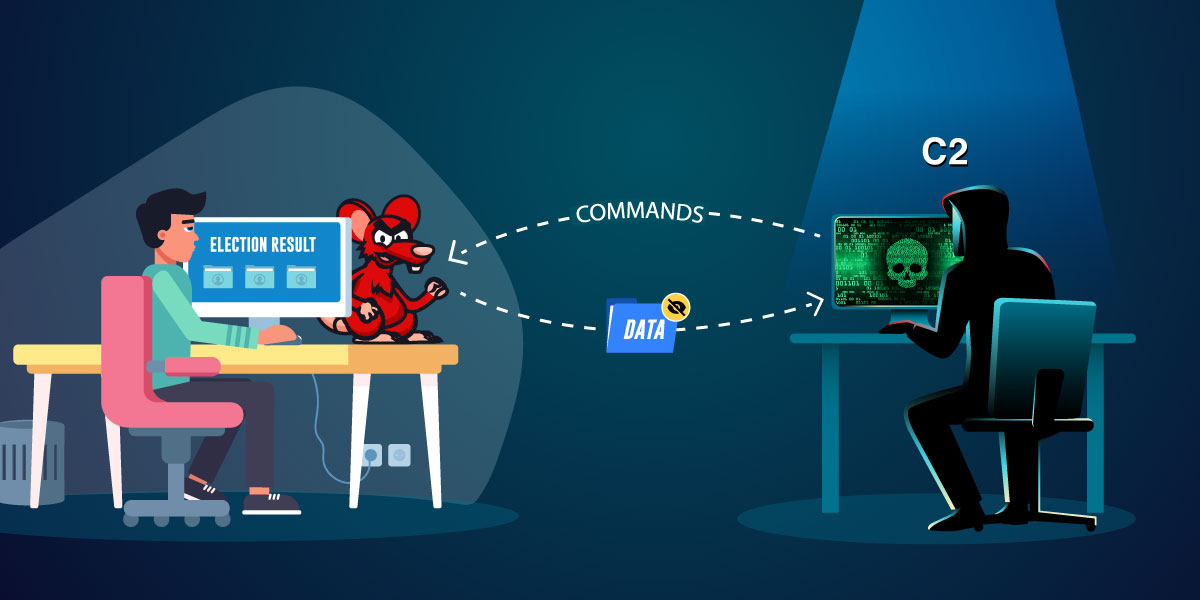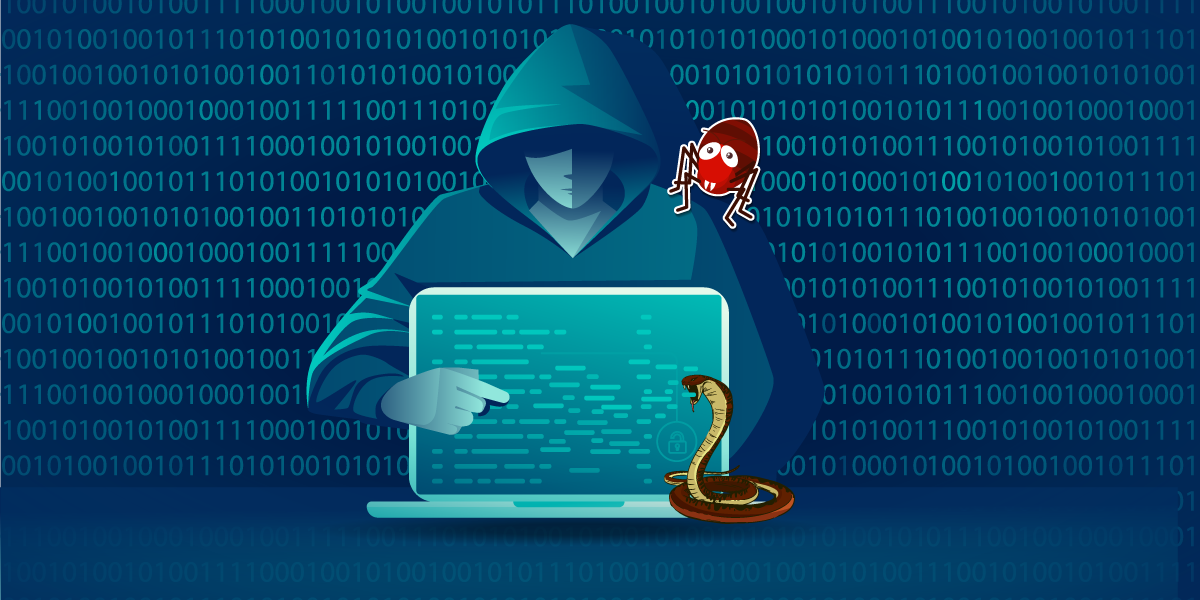The University of Utah has become the latest victim of the Conficker virus, just days after the virus showed signs of stirring back into life.
Around 800 computers at the university’s hospital and medical school have been affected by the virus outbreak although patient records are said to be unaffected.
The outbreak, which was first noted on Thursday, was said to be still active on Monday but a spokesperson claimed that IT staff had managed to “contain” the virus, even though there were a number of cases in which the virus had returned to a computer even after it had been removed.
The outbreak comes after security experts noticed an increase in the virus’ activity in the past week, with a new version of the worm now appearing to be active.
The virus, also known as Downadup or Kido, had been expected to update itself on April 1 although no increase in activity was reported.
Although analysis has yet to confirm what the virus actually does, it is widely believed that the update will install a “rootkit” into Window’s PCs which will then be used to steal valuable user details, such as credit card or online banking login details.
There is also evidence to suggest that Conficker is also promoting the sale of fake antivirus software, known as Spyware Protect 2009.
If you believe that your PC has been infected by the Conficker virus, you can get a free system check from the University of Bonn. If you’re PC has been infected, download the K7 Computing Conficker removal tool. Microsoft has also issued a guide on the virus.
To prevent your PC from becoming infected, please download the latest antivirus software update.








